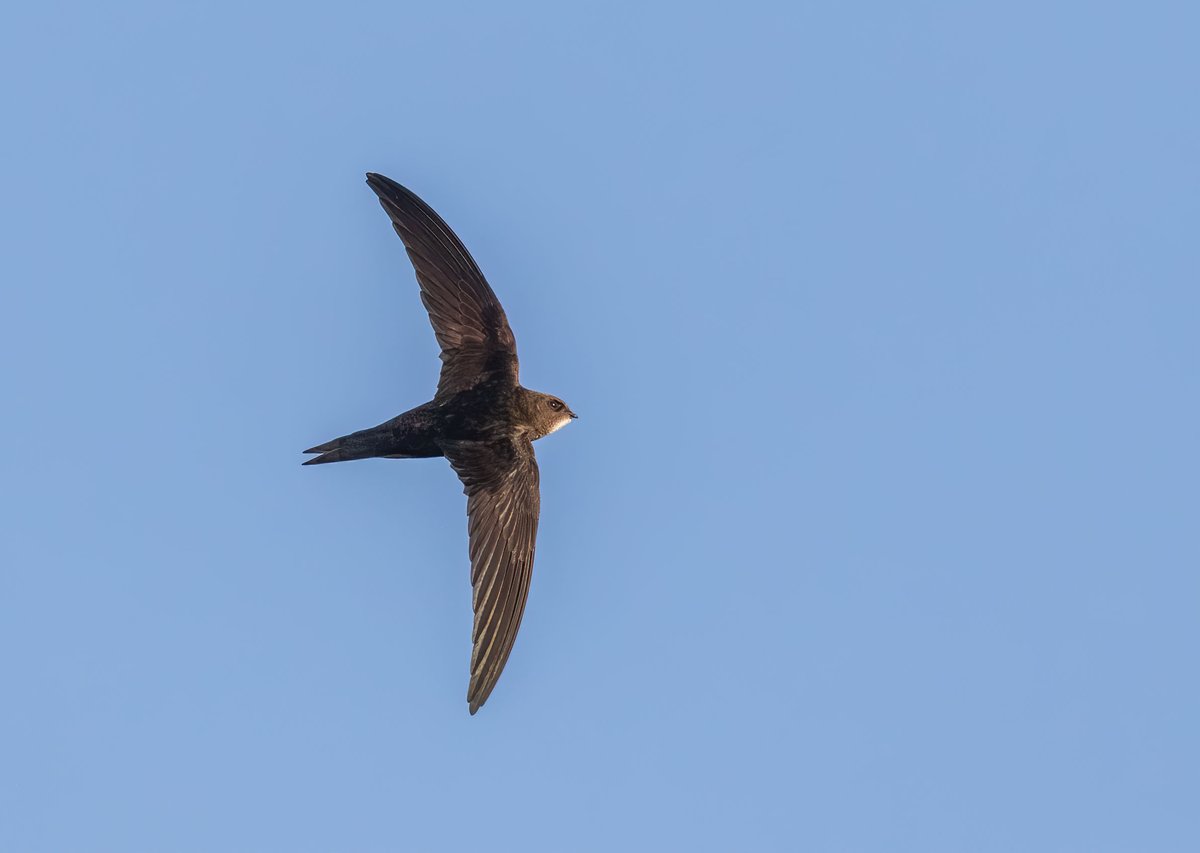
1) The article Greta highlights is a wonderful exploration of one of the big misconceptions when it comes to woodland generation, and that is you have to plant trees to create woodland.
https://twitter.com/GretaThunberg/status/1398334919852572672
2) In fact, much or most land, which was formerly woodland, will rapidly revert to being woodland if you just leave it alone and stop managing it or over grazing it. There are some exceptions to this, which I will deal with.
3) Tree planting tends to be done from the motivation point of view of modern commercial forestry, as it creates even age stands of woodland of the same tree species, which makes clear felling easy and commercially more profitable.
4) In Britain, Ancient Woodland is a definition given to any woodland in England and Wales that has been continuously wooded from 1600. In Scotland from 1750. These dates are not arbitrary.
en.wikipedia.org/wiki/Ancient_w…
en.wikipedia.org/wiki/Ancient_w…
5) Prior to 1600, in England and Wales, the planting of woodland was very rare. Therefore nearly all woodland which existed continuously from then was derived from the original Wildwood, which once covered Britain.
en.wikipedia.org/wiki/British_w…
en.wikipedia.org/wiki/British_w…
6) Points 4 and 5 illustrate several very important things to understand about woodland and it's management. Only relatively recently in the last few hundred years was forestry about planting trees and then clear felling them. Forestry before this point was very different.
7) Older forestry styles were usually some form of coppice with standards forestry. Most broad-leaved trees will regrow from the stump, the bole. See below for an overview. Essentially, the woodland was cut in rotation and naturally regenerated.
en.wikipedia.org/wiki/Coppicing
en.wikipedia.org/wiki/Coppicing
8) Woodland is far more than just the trees. Continually wooded land develops a different soil structure, and the fungal web beneath the soil is very significant. In Britain Ancient Woods have far greater biodiversity, as do such woods elsewhere.
bbc.co.uk/news/science-e…
bbc.co.uk/news/science-e…
9) Ecologists see natural woodland generation in terms of succession. In which scrub becomes colonised by pioneer trees (in Europe often Birch, Hazel and Oak, depending on soil, how wet it is, latitude. Eventually giving way to other tree species.
en.wikipedia.org/wiki/Ecologica…
en.wikipedia.org/wiki/Ecologica…
10) If you are an ecologist, or just a good naturalist, you can immediately tell the difference between naturally generated secondary woodland, and plantation. Naturally generated woodland tends to have far more diverse understory.
en.wikipedia.org/wiki/Understory
en.wikipedia.org/wiki/Understory
11) As I implied at the beginning, there is a widespread misconception that you have to plant trees to create woodland. This can be true in a few instances, but tends to be mainly done to create a very controlled type of woodland or commercial forestry.
12) Of course commercial forestry concerns want you to believe that their agenda is the same as woodland recreation for the climate, hoping for expansion and subsidies for their sector. But from the perspective of carbon storage and biodiversity this is often not the best option.
13) Woodland or forest (the term is misleading in the UK as forest actually refers to a Royal hunting preserve, formerly governed by forest law and not necessarily woodland), varies around the world and so over-generalization can mislead.
en.wikipedia.org/wiki/Royal_for…
en.wikipedia.org/wiki/Royal_for…
14) In general terms, tree planting is only essential to regenerate woodland if there are no nearby trees and their seeds, which means if left unmanaged, the colonization by trees would be slow. If there are some native trees nearby, generally woodland will regenerate naturally.
15) It will be noticed that any abandoned non-managed land tends to rapidly revert to scrub and woodland. Tree planting tends to be over-promoted as a PR gesture.
16) Since I was young, which was a long time ago, half a century ago, local authorities etc, have often promoted tree planting to make themselves look good. Often with a local dignitary symbolically planting a tree for a photo opportunity.
17) Nowadays, this would be rightly labelled "greenwash" as governments, local authorities, vested and corporate interests, like to soften their image by appearing to "help the environment".
18) Tree planting is relatively cheap, simple to do and very symbolic. However, as I insinuate, it is also often very misleading and not only is not the either the best way to regenerate woodland or any woodland at all.
19) As a keen naturalist from an early age I soon learned just how cynical a lot of tree planting was. After the symbolic planting, often no protection of the site was given, most of the newly planted trees did not survive, and then the land was developed.
20) In other words, often where trees were planted in the past, there is no woodland now. Just houses, widened roads, industrial estates etc. The most important aspect of woodland regeneration is that land be given protection as woodland.
21) As the article Greta links to makes clear. If you just designate the land for woodland regeneration or rewilding, it will rapidly revert to good biodiverse woodland. But this lacks the photo opportunities for politicians etc, to plant trees and generate PR.
22) This whole issue of tree planting can be extremely misleading as most of the public have little ecological knowledge and so are easily bamboozled by shallow insincere politicians and vested interests, generating cheap PR with tree planting.
23) Where with tokenism and cheap gestures, politicians can make a big show of planting a relatively small area of trees, and appear to be addressing the climate crisis and reversing the biodiversity crisis, whilst actually achieving very little.
24) I don't want to be too derisory of tree planting. It can be essential in wide open highly managed landscapes with very few native trees in the vicinity. But people need to be aware of the background.
25) I've oversimplified, much of what I say is from a British or European perspective, and so this view has to be modified to take into account variations in other parts of the world.
@threadreaderapp Please unroll?
• • •
Missing some Tweet in this thread? You can try to
force a refresh











